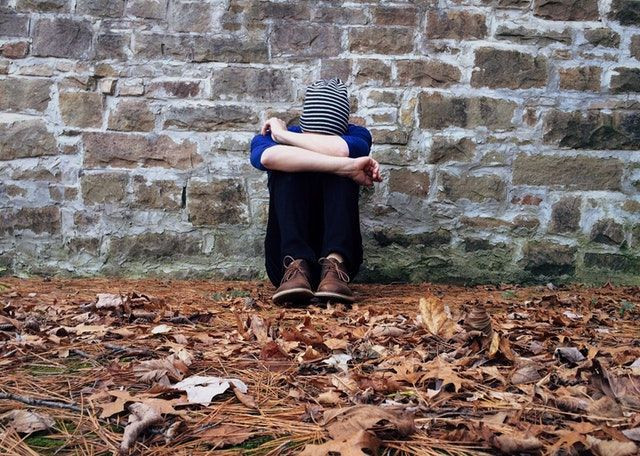Helping the House-Bound with a Human Touch

Lock downs during the pandemic have made life difficult for many. Aside from job loss, restrictions on movement prevent people from interacting personally. The result: higher rates of social isolation, loneliness and even suicide.
One especially vulnerable group is older adults, who may live alone and depend on others for company and support. To address an increased suicide risk among isolated older adults, Georgia State University has just received a $1.3 million grant to send volunteers bearing food to visit older adults in the Atlanta area.
The grant from the US Department of Health and Human Services will go to develop the Belonging and Empathy, With Intentional Targeted Helping (BE WITH) project. The project will train volunteers to interact with racially diverse older adults in six metro Atlanta counties.
“Nutrition service volunteers are often a life connection for homebound older adults and are uniquely positioned to offer life-assisting interventions when needed,” said associate professor Laura Shannonhouse, PhD, in a press release.
“We hope to demonstrate how nutrition services can decrease social isolation, loneliness and elevated suicide risk among older adults by equipping volunteers to be with them during COVID-19 and beyond.”
The project is based on previously funded research led by Dr. Shannonhouse in metro Atlanta. Her team followed over 51 suicide interventions led by nutrition service volunteers before the pandemic. These volunteers acquired and used suicide intervention skills in dealing with troubled individuals.
The BE-WITH project involves training and evaluating volunteers by testing the responses of at-risk adults they interact with in real-time, to see whether their interaction lowers depression, anxiety and suicidal tendencies.
Fighting suicide in older adults
Feeling lonely is normal for many people. But physical distancing has made loneliness inescapable for some, especially those unable to leave their home, who live alone, or who take care of sick relatives. Their vulnerability may increase their risk of depression and suicide. So, it is important for them to get access to mental and emotional support during this pandemic.
A report by the CDC showed an increase in mental health conditions linked to Covid-19, as reported by some 5,400 US adults surveyed during the week of June 24 to 30. About 41% reported they had at least one problem with mental health or substance abuse during the previous 30 days. About 31% reported anxiety and depressive symptoms. Around 26% reported symptoms of trauma and stress-related disorders, while 13% reported either new or more intense substance use. Approximately 11% said they had seriously considered suicide.
Why the project matters
Hundreds of thousands of families are experiencing difficulties they may not have faced before. Reduced finances with no stable source of income may trigger stress, which can lead to anxiety and depression.
A paper in JAMA Network Open noted a link between depression and household income during the pandemic. Some 1,400 US adults completed a survey distributed by the University of Chicago between March 31 and April 13. The results of that survey were then compared to a survey, taken before the pandemic, by the National Health and Nutrition Examination Survey. It was conducted from 2017 to 2018.
The rates of depression during the pandemic, based on household income, were:
- 46.9% earning $19,999 or less per year
- 31.1% earning $20,000 to $44,999
- 23.3% earning $45,000 to $74,999
- 16.9% earning $75,000 or more
Before the pandemic, the rates were:
- 16.8% earning $19,999
- 10.1% earning $20,000 to $44,999
- 8.3% earning $45,000 to $74,999
- 4.8% earning $75,000
Saving caregivers
The study, published in the Aug. 14 Morbidity and Mortality Weekly Report, also looked at the mental health stresses experienced by unpaid caregivers of adults. They were 3.33 times more likely to report stress or substance abuse in June than they had been in May. The odds of these caregivers considering suicide were 3.03 higher in June than in May.
Wrote the report authors: "The public health response to the COVID-19 pandemic should increase intervention and prevention efforts to address associated mental health conditions. Community-level efforts, including health communication strategies, should prioritize young adults, racial/ethnic minorities, essential workers, and unpaid adult caregivers."



























